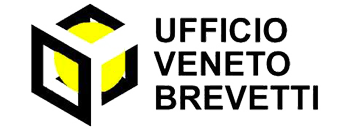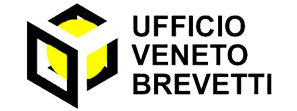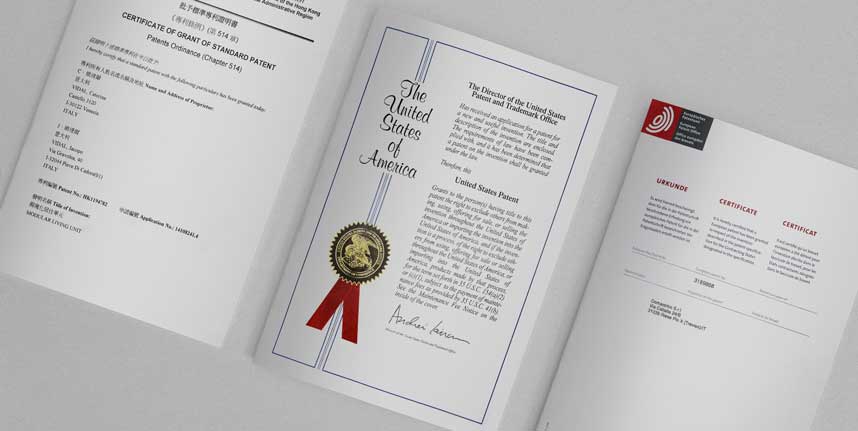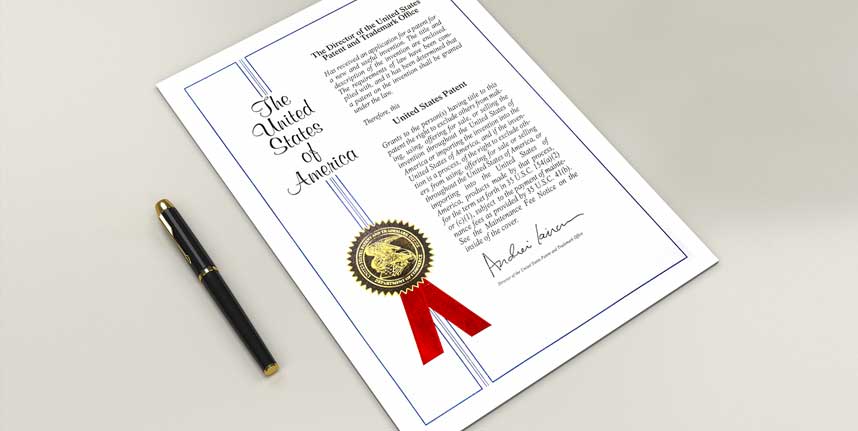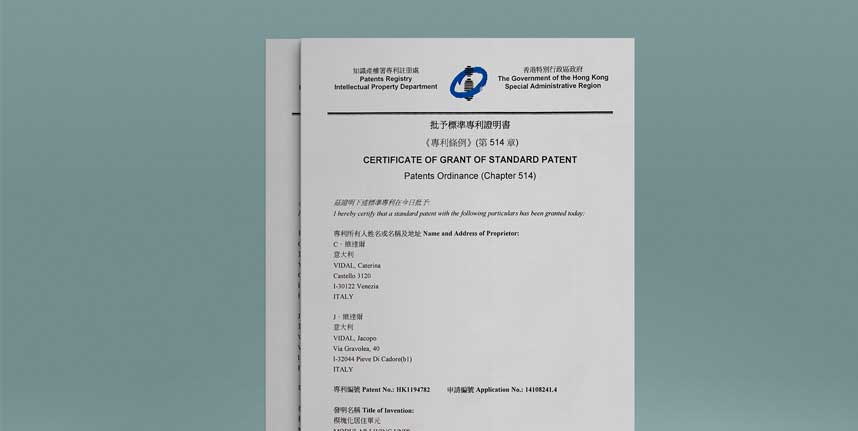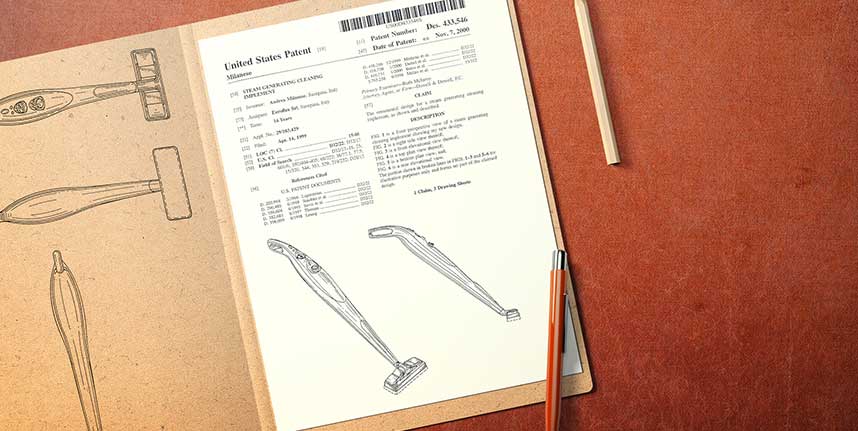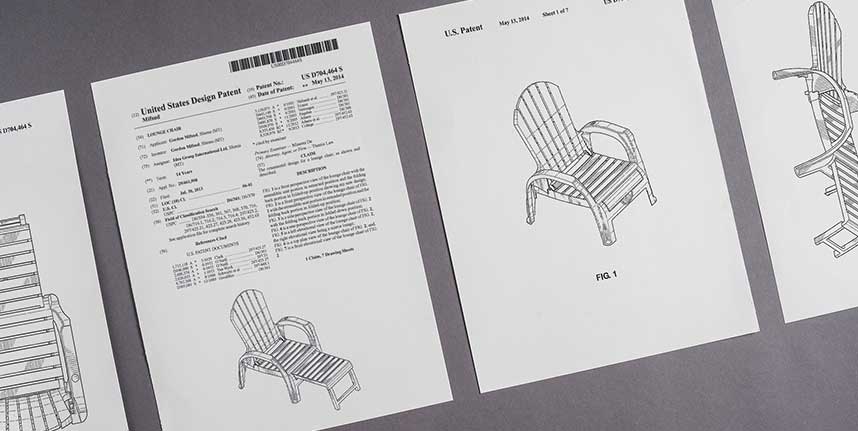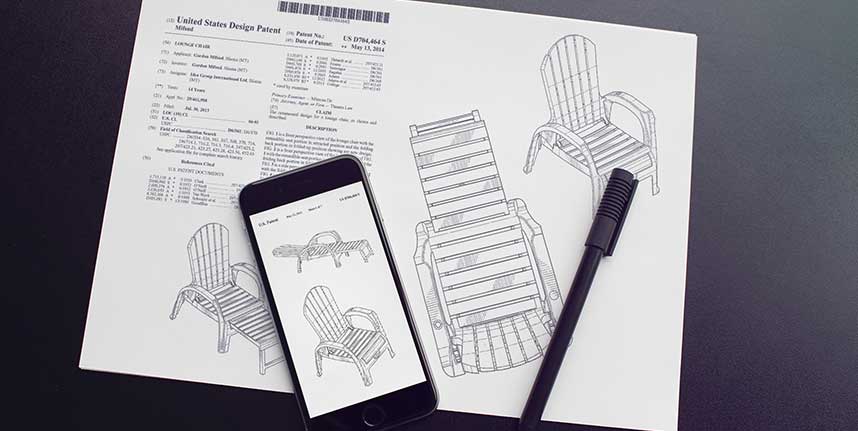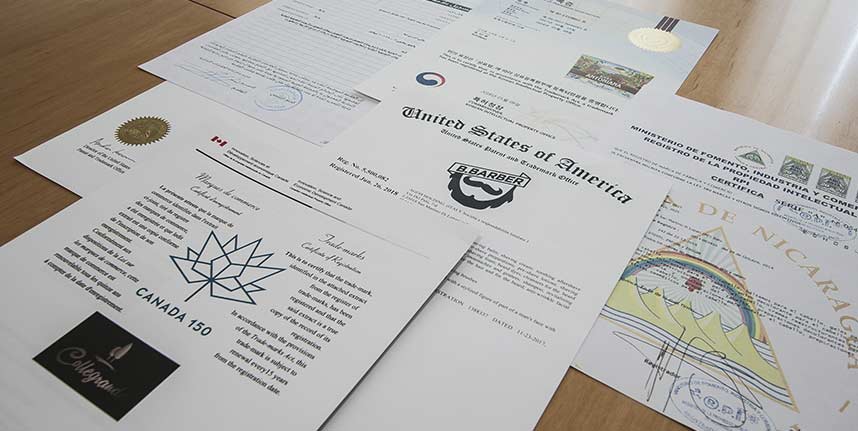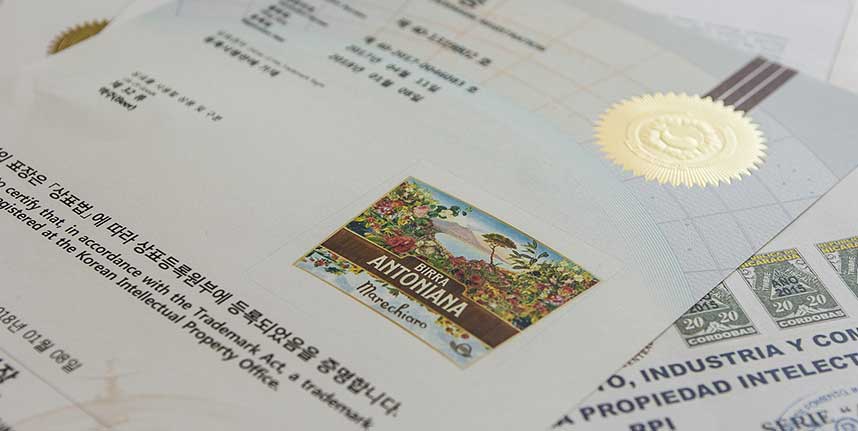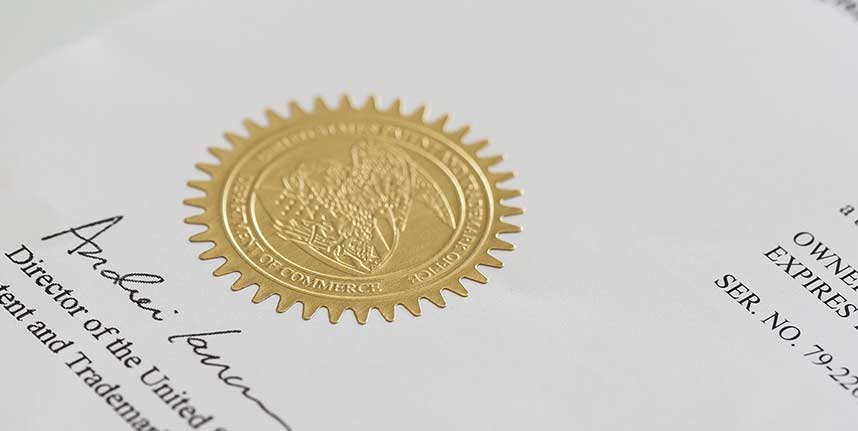A patent is a legal instrument or license granting the inventor the exclusive right to exploit an invention within a given territory. By virtue of that instrument, the inventor/holder has the right to prohibit third parties from selling or trading products that take advantage of his patent.
According to the Industrial Property Code (Italian Legislative Decree no. 30 of 10 February 2005), new inventions involving an inventive step and suitable for industrial applications may be patented.
What cannot be patented:
- discoveries, scientific theories and mathematical methods;
- plans, principles and methods for intellectual, gaming or commercial activities as well as computer programs;
- presentations of information;
- methods for the surgical or therapeutic treatment of human or animal bodies and diagnostic methods applied to human or animal bodies;
- breeds of animals and biological processes for obtaining them.
Patent validity requirements
To be registered, a patent must have the following characteristics:
- novelty
- inventive step
- industrial applicability
- legality
With regard to novelty, art. 46 of the Industrial Property Code establishes that an invention is such if it is not included in the prior art, that is, everything accessible to the public prior to the patent application filing date.
With regard to the inventive step, the Code establishes that there is an inventive step if this is not evident in the prior art for a person skilled in the art.
An invention shall be considered suitable for industrial applicability if the subject of the invention can be manufactured or used in any type of industry, including agriculture.
Finally, inventions the implementation of which would be contrary to public order and morality cannot be patented.
Patent types
There are two types of patents: patents for inventions and utility models.
The first type of patent is a very strong form of protection, which is granted only for those inventions with a high degree of innovation and a technical improvement that is so original as to provide the solution to an unresolved problem.
Patents for inventions last 20 years and cannot be renewed upon their expiry.
The utility model, on the other hand, is a type of protection that is granted only in a few countries, including Italy. For this type of invention, no substantial examinations are required, thus protection can be easily obtained. A utility model has a non-renewable duration of 10 years. This type of protection is suitable for all those inventions that represent an improvement of an existing object, meaning that in this way what is protected is the form of a given product that has a technical function thanks to which the product itself is more efficient and easier to use.




